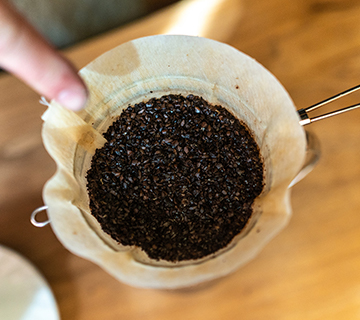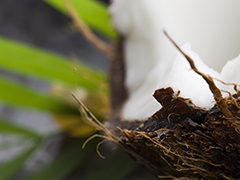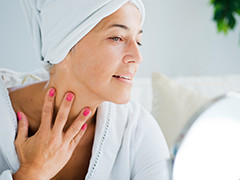How Coffee Grounds Can Help Your Skin

Coffee is one of the world’s most popular beverages. People everywhere enjoy a cup of coffee as part of their morning routine. For good reason: drinking coffee in moderation may offer health benefits such as protecting against diabetes, reducing your risk of Parkinson’s disease and supporting heart health. It’s also rich in antioxidants, which have been shown to fight signs of aging, combat inflammation and can even help you lose weight.
It’s not surprising that coffee grounds also contain health benefits, even after you’ve brewed them. You may have seen coffee-based ingredients being used in skincare products—that’s because coffee contains unique nutrients that may promote healthy skin. While these products typically are made with a powerful coffee extract, coffee grounds may offer similar benefits. So make sure you don’t throw them away after making your morning cup.
It can help protect your skin from the sun
The sun emits two different types of rays, UV-A and UV-B. Studies have shown that using coffee products on your skin may protect it from UV-B rays and reduce wrinkle formation and sun damage. It’s not enough on its own though, so it’s important you always wear sunscreen, too. Only broad-spectrum sunscreen protects your skin from both types of UV rays.
Also, used coffee grounds can work as a face or body scrub to make your skin smoother and softer. To use coffee grounds as an exfoliating mask, mix ¼ teaspoon of fine coffee grounds with 1 tablespoon of yogurt. To make it into a body scrub, mix ½ cup granulated sugar, 2 tablespoons coffee grounds and ¼ cup almond oil. Don’t scrub too hard, though, or you may irritate your skin. You’ll know if your skin is irritated if you see redness, feel stinging or sensitivity.
Just like any other part of your body, it’s important to care for your skin and monitor how your skin looks and feels. If you have questions or concerns about your skin, dermatology services are available through telehealth. You can get care from licensed dermatologists for skin-related issues, such as rashes, moles and more.


